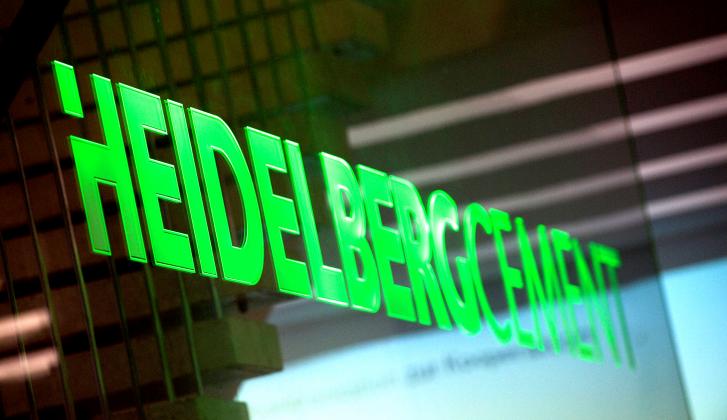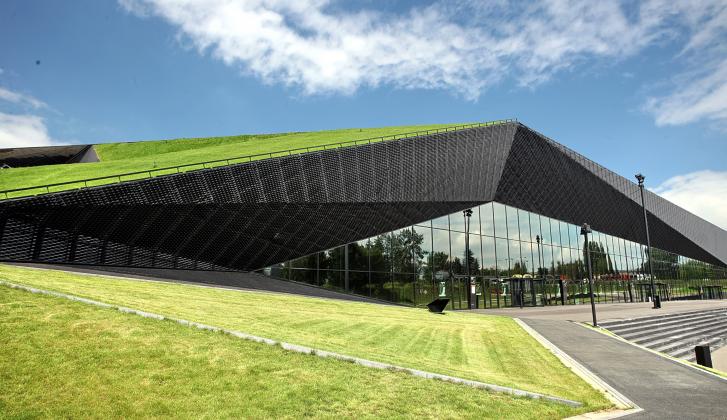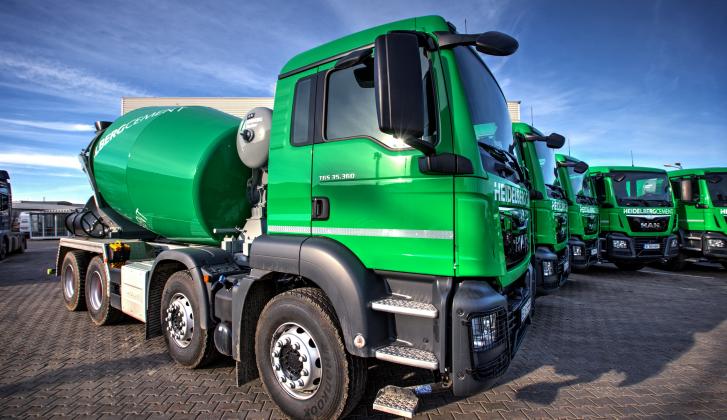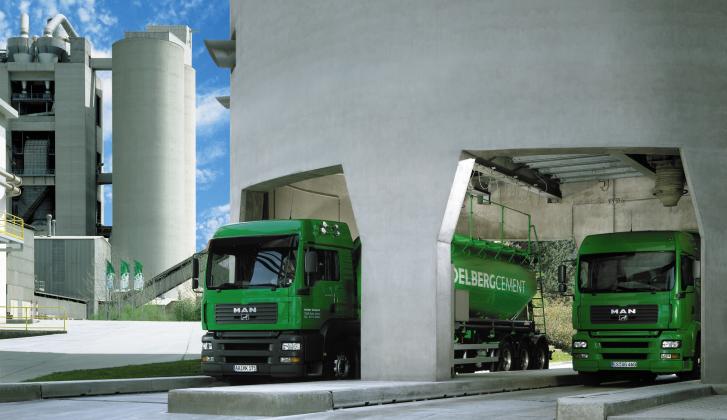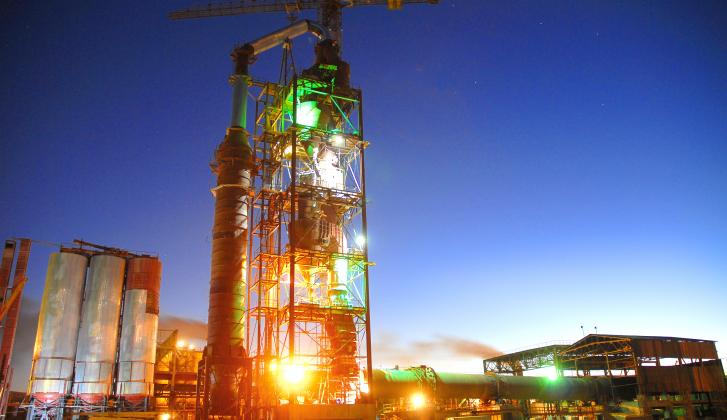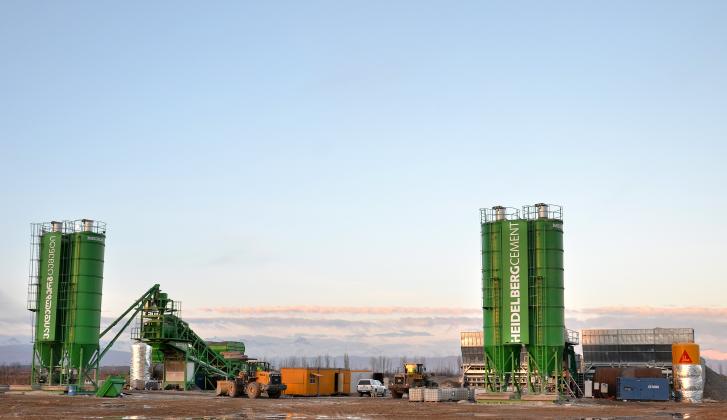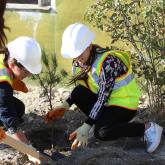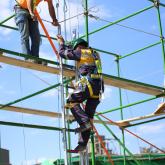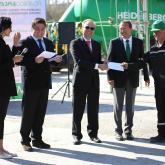26 September 2016
Safety Week 2016
From 26th of September, including 1st of October, HeidelbergCement held its annual Safety Week, covering different trainings and relevant events in all plants of the company.
HeidelbergCement Safety Week started on September 26, in its Rustavi plant, which was attended by the head of the health and labor department of the Ministry of labor health and social affairs of Georgia, Health and Safety inspector, construction and technical supervisory inspection, representatives of the Georgian employers association, representatives of the Makhviladze hygiene institute, the company employees and pupils of the local schools. The event started with a short tour in HeidelbergCement Rustavi plant, after which the guests had an opportunity to plant trees on the plant territory and on the quarry of the company. Afterwards, various health and safety trainings were conducted for the employees, followed by the Safety Award ceremony, where the winners received special gifts from the company. A special entertainment program was held for employees’ children, where the kids had chance to plant trees and play different games. The entertainment program ended with the big safety cake and sweets prepared specially for children.
On September 27th the safety week was continued in HeidelbergCement Kaspi plant, and then will shift in Poti and other cement and concrete plants of the company.
The Safety Week included trainings in first aid, driving safely, health screening, fitness and other workshops. As a result, the company revealed the safety winner employees, who were awarded with special prizes from the company.
HeidelbergCement Caucasus is the Georgian subsidiary of HeidelbergCement Group and the market leader for cement in Georgia. HeidelbergCement Group is one of the world’s largest integrated manufacturers of building materials with leading market positions in aggregates, cement, and ready-mixed concrete as well as other downstream activities. The company employs 63,000 people at more than 3000 production sites in around 60 countries on five continents.




